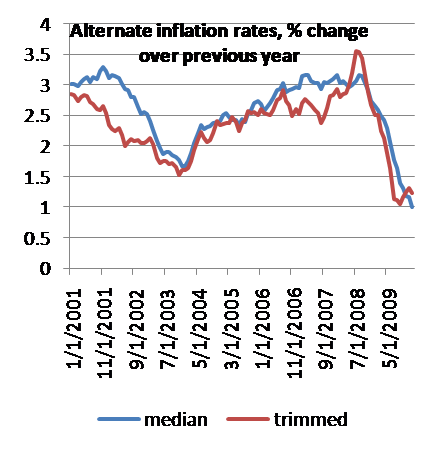It also means that I have to prepare for the flood of assignments and papers and final exams. Students never fail to point out that I can easily make lives easier for all of us, including me, if I didn't have all those readings and require all that work. We ought to thank the stars for the humor that we have, which greases the otherwise ever present friction that threatens to stop us from moving forward.
But, of course, every once in a while even the best prepared will not turn in the work on time. In the old, old days, the joke was that the dog ate the homework. But, we live in a modern era. So, the last few years, we blamed it all on ...
I wonder whether every morning the last few years Ben Bernanke woke up feeling awesome that he has the best job in the world. If Bernanke didn't do his work, I wonder whom he blamed!
Soon, his turn will be over. We will have to update ourselves and start blaming Janet Yellen for the homework that students don't complete.
 |
| Source |
As long as I am not blamed ... ;)




